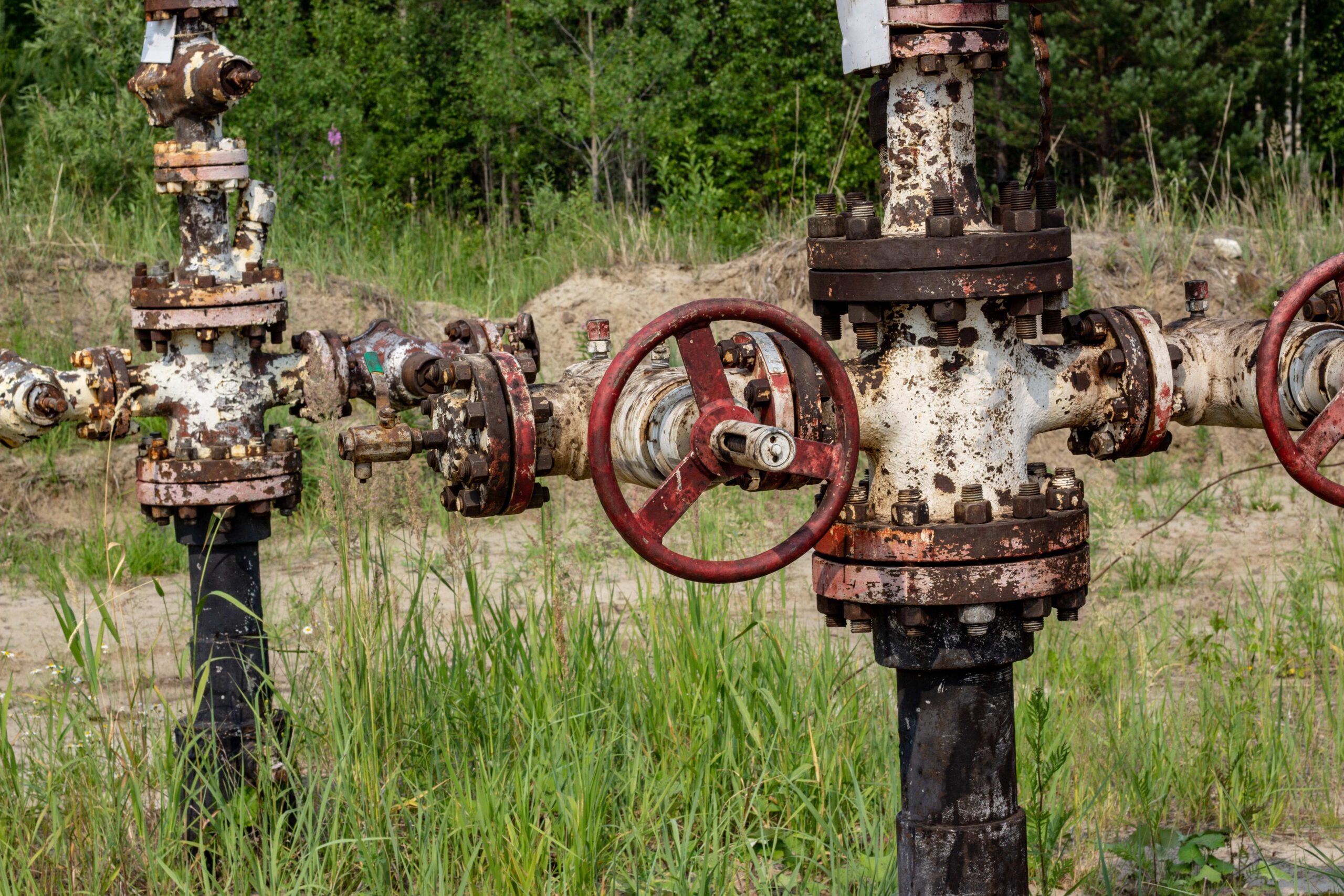This website uses cookies so that we can provide you with the best user experience possible. Cookie information is stored in your browser and performs functions such as recognising you when you return to our website and helping our team to understand which sections of the website you find most interesting and useful.
ACR Approves Methodology for Transition to Advanced Formulation Technologies in Foam Manufacturing and Use

SACRAMENTO, CA, April 29, 2016 – The American Carbon Registry (ACR), a nonprofit enterprise of Winrock International, has approved a methodology for Emission Reduction Measurement and Monitoring for the Transition to Advanced Formulation Blowing Agents in Foam Manufacturing and Use. The methodology was developed by Dentons US LLP and Foam Supplies, Inc.
Hydrofluorocarbons (HFCs) are commonly used blowing agents that are released at varying rates during manufacture, use and at end-of-life of foams. Foam blowing agents are used in numerous applications including refrigerators and freezers; industrial refrigeration systems and refrigerated transport; boats and buoys; and heating, ventilation and air conditioning systems.
According to the EPA Inventory of U.S. Greenhouse Gas (GHG) Emissions and Sinks, industrial process emissions account for over 300 MMT of carbon dioxide (CO2) equivalent annually, over half of which is from chemicals such as HFCs. While HFCs are not Ozone Depleting Substances and are therefore an acceptable substitute under the Montreal Protocol, they have global warming potentials (GWPs) up to 4000 times higher than CO2 and contribute to global GHG emissions.
HFCs are also considered short-lived climate pollutants, so mitigating emissions of HFC is important for limiting near term climate impacts. In fact, HFCs are considered one of the fastest growing sources of GHG emissions globally, and there is currently no internationally agreed phase out schedule for HFC consumption or production.
Alternatives to HFC-based blowing agents are available but are not commonly used in certain segments of the foam manufacturing industry due to cost and other challenges to adoption. The ACR methodology is intended to provide access to carbon finance to increase uptake of available advanced technologies and accelerate a transition to low GWP blowing agents in these sectors more rapidly than would otherwise occur.
“ACR’s approval of this methodology is an important step to reward early action and facilitate meaningful and significant reductions in emissions from HFCs in foam blowing agents,” said Jeff Fort, senior partner at Dentons.
Methodology co-author Susan Wood, former senior advisor to Dentons, added “the publication of this work is very timely in that it addresses the reduction of the short-lived climate pollutants currently being discussed by scientists around the world. We appreciate ACR’s support and leadership to move the needle in this offset category.”




